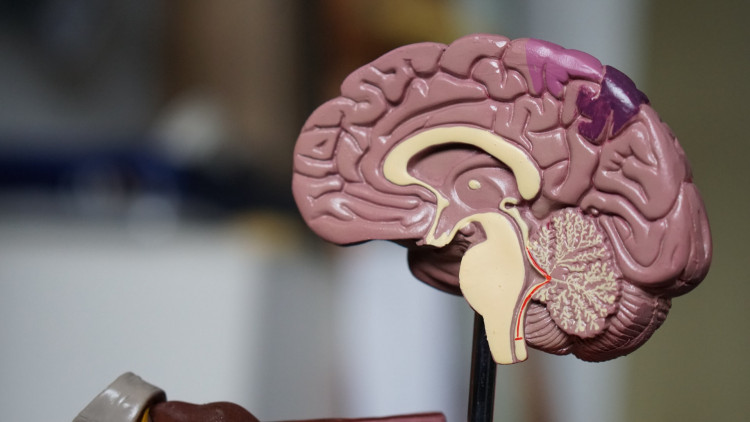New research suggests that people who eat a diet high in pro-inflammatory foods are three times more likely to develop memory loss and problems with language, problem-solving, and other thinking skills as they get older.
Consuming a diet rich in fruits, vegetables, beans, and other anti-inflammatory foods, on the other hand, may reduce risk of developing dementia as you become older.
"A less inflammatory diet relates to less risk for developing dementia," study author Dr. Nikolaos Scarmeas, an associate professor of neurology at National and Kapodistrian University of Athens in Greece, said.
Scarmeas and colleagues evaluated data from participants in the Hellenic Longitudinal Investigation of Aging and Diet, who were recruited by random population sampling and followed for an average of 3.05 years. For dementia diagnosis, standard clinical criteria were employed. Participants having dementia at the start of the study and/or missing cognitive follow-up data were removed.
They investigated the inflammatory potential of diet using a diet inflammatory index (DII) based on literature-derived relationships between 45 dietary factors and blood levels of pro- and anti-inflammatory cytokines.
Higher scores indicated a diet with a higher propensity for inflammation. Researchers also used a detailed food frequency questionnaire to calculate consumption frequencies. They used sample dietary consumption data from 11 nations to normalize these frequencies. They looked at dementia incidence as a function of baseline DII scores using Cox proportional hazards models.
There were 62 cases of incident dementia among the 1,059 people studied. According to Scarmeas and colleagues, each additional DII unit is associated with a 21% greater risk of dementia.
In comparison to individuals in the lowest tertile, those in the higher DII tertile were three times more likely to have incident dementia. Based on the significance of the trend test, a possible dose-response association emerged.
Each week, those with the lowest scores consumed approximately 20 servings of fruit, 19 servings of vegetables, 4 servings of beans or other legumes, and 11 servings of coffee or tea.
Scarmeas noted it's not the full food that causes inflammation, but rather all of the nutrients it contains. Each food has elements that are both pro- and anti-inflammatory.
"In general, a diet with more fruits, vegetables, beans, tea or coffee is a more anti-inflammatory one," he said.
The study does not establish that eating an anti-inflammatory diet prevents brain aging or dementia, but it does show that the two are linked. Scarmeas noted that more research is needed to draw strong conclusions about how the inflammatory diet score affects brain health.
The findings were published in the journal Neurology.






